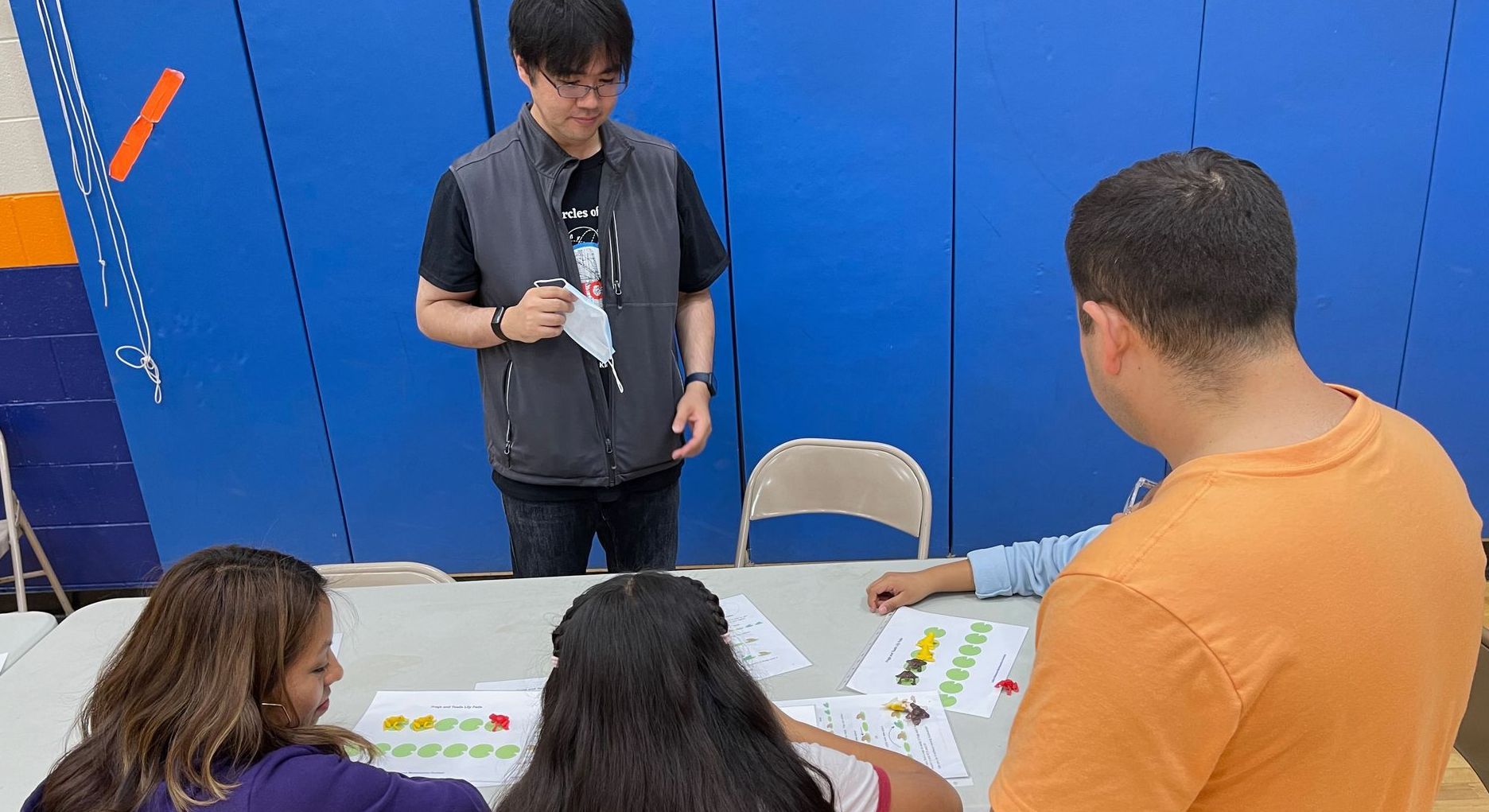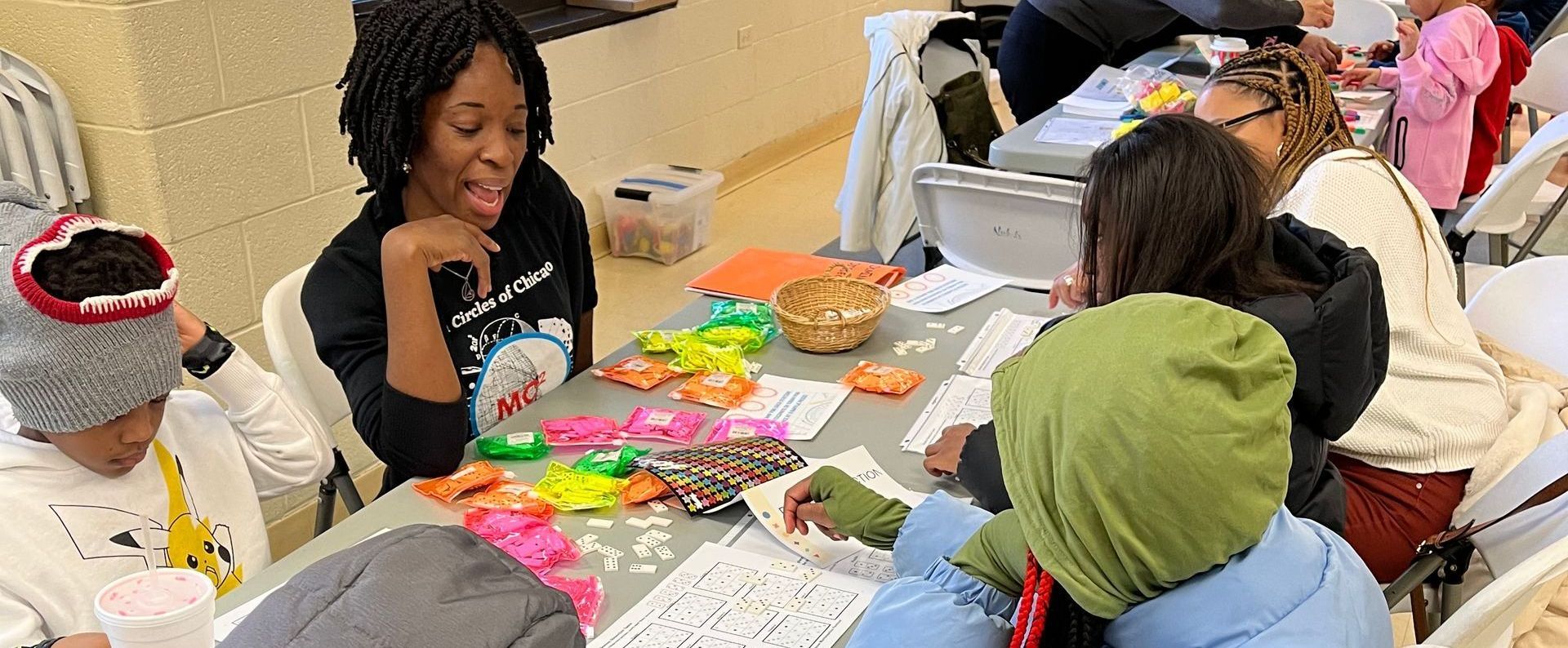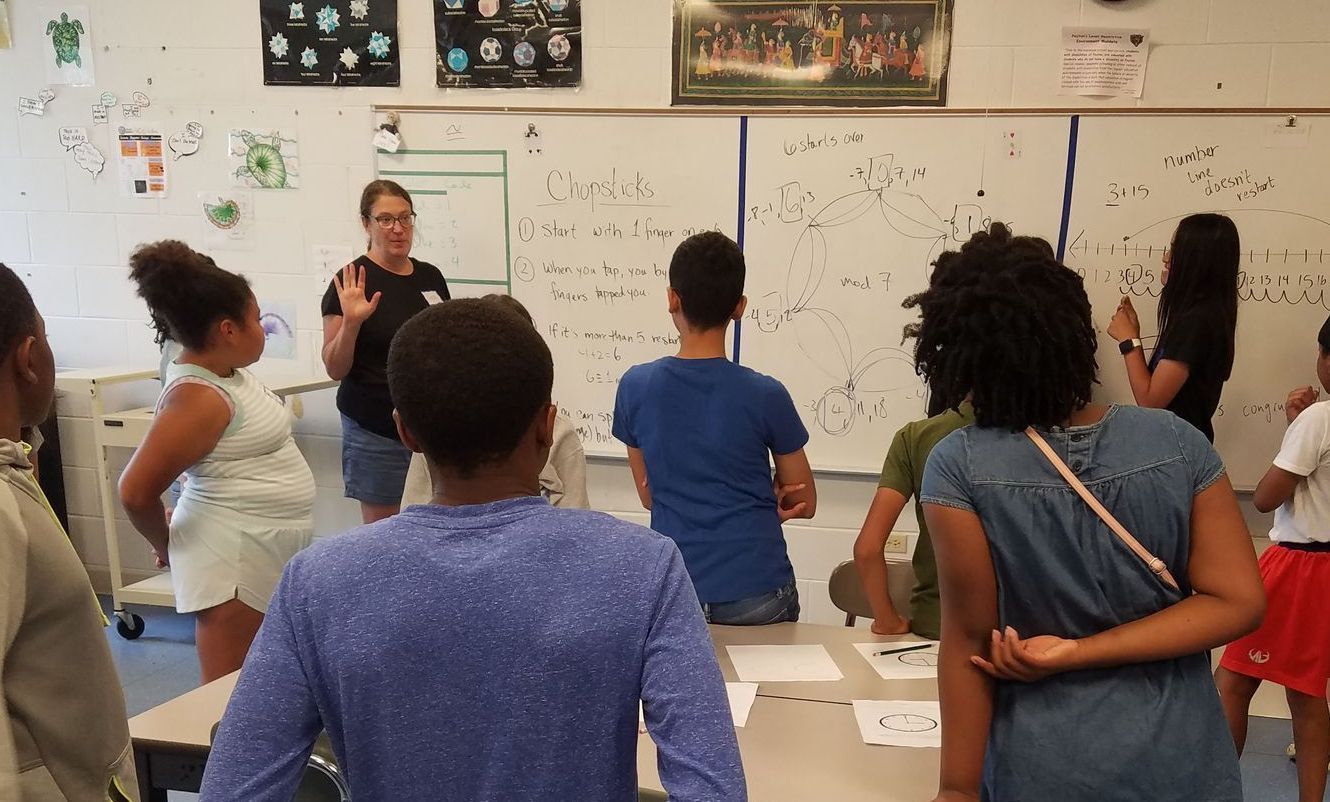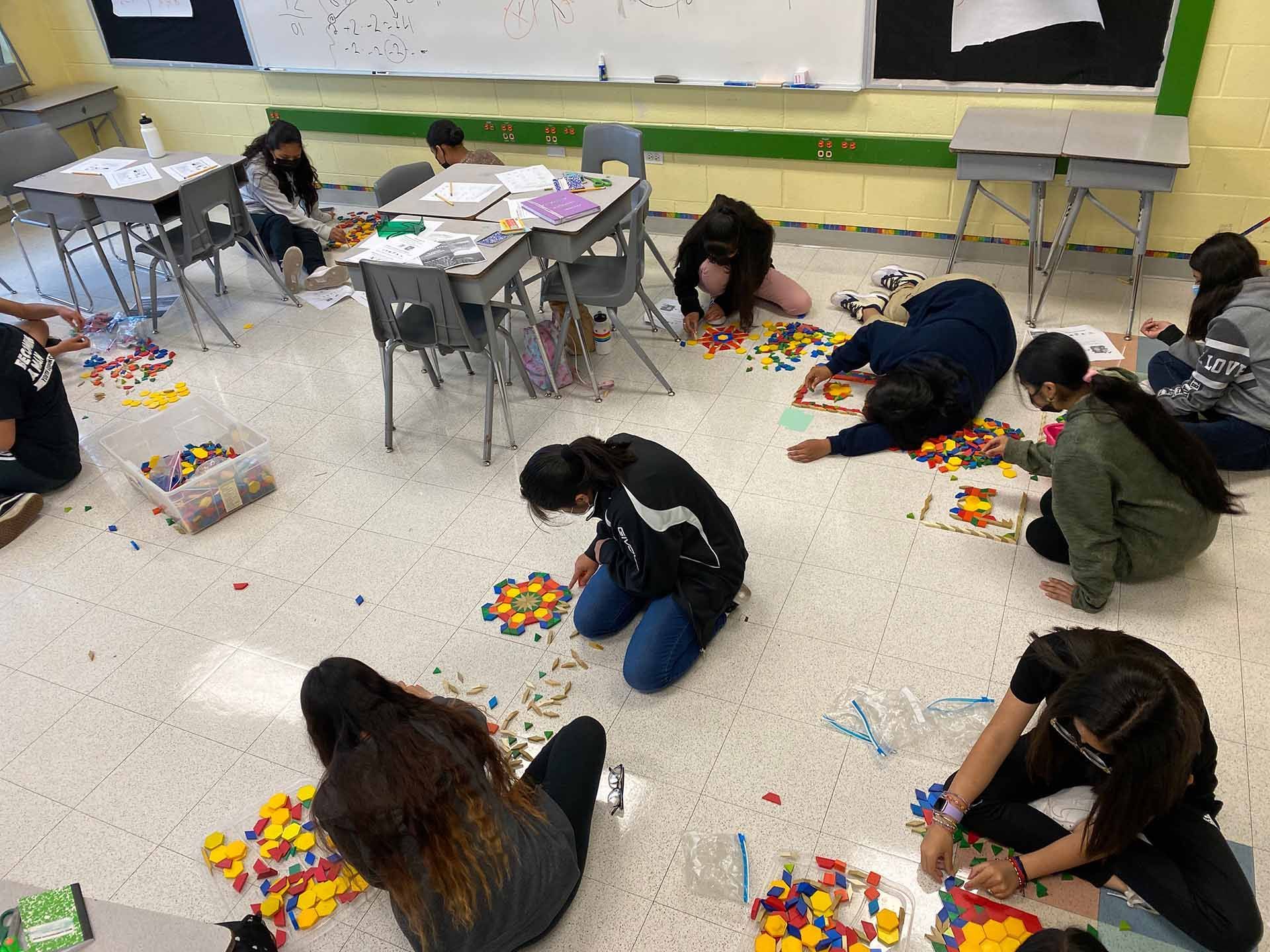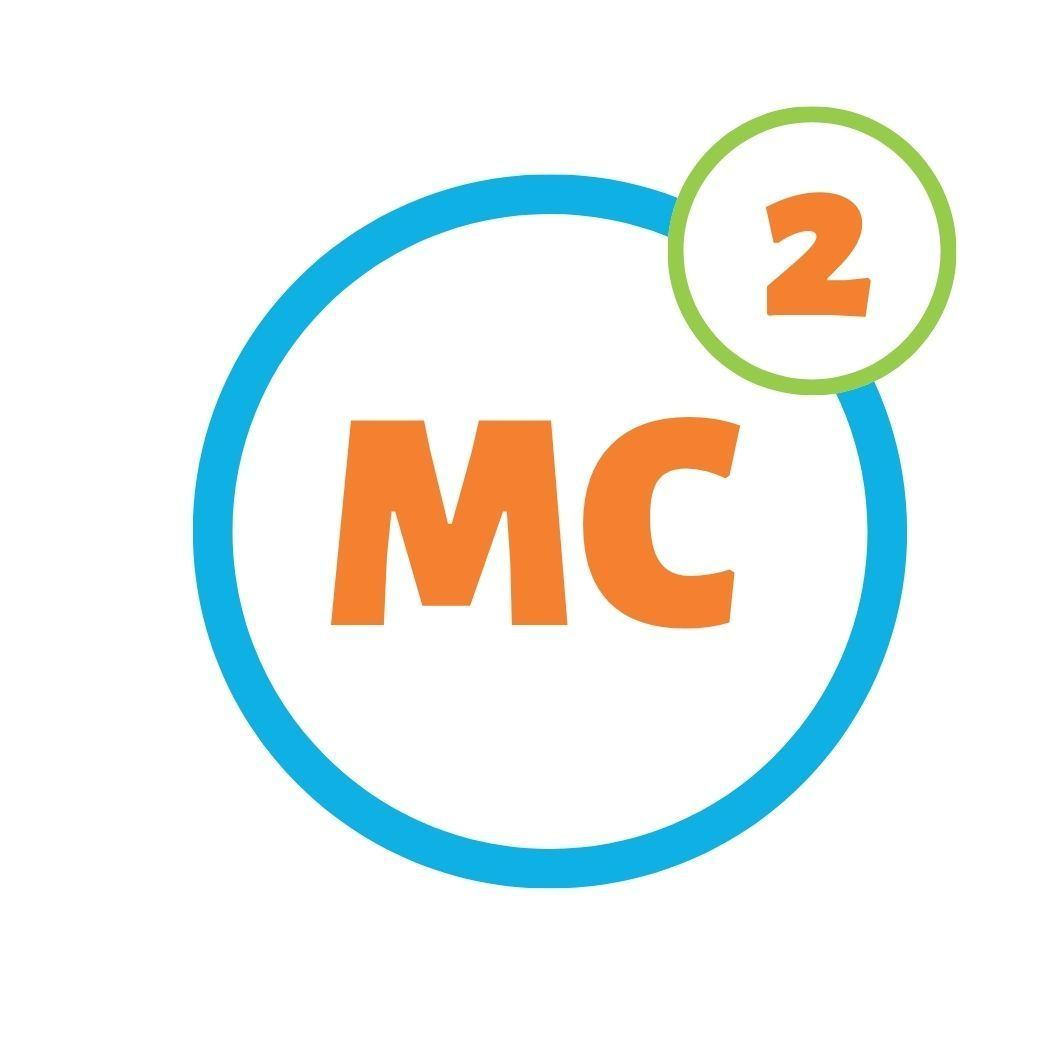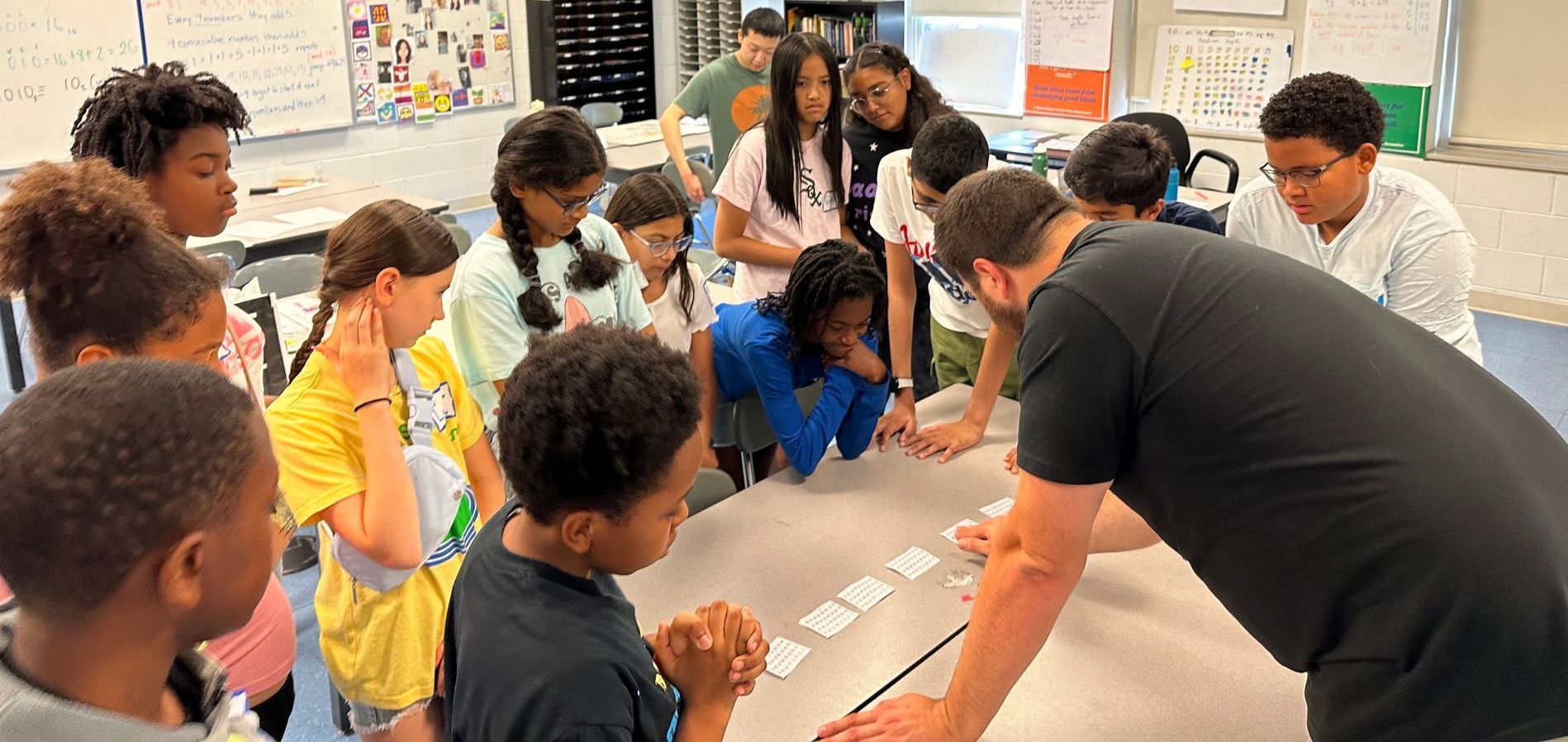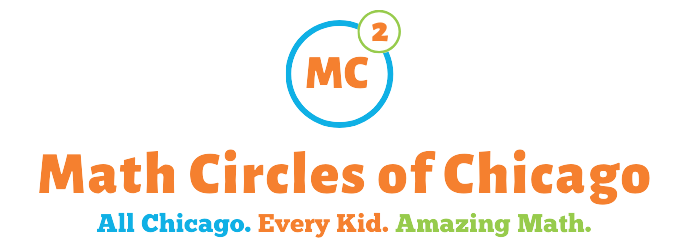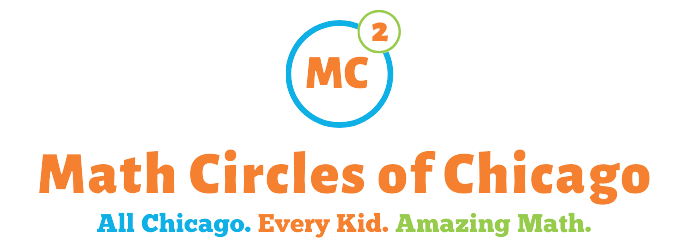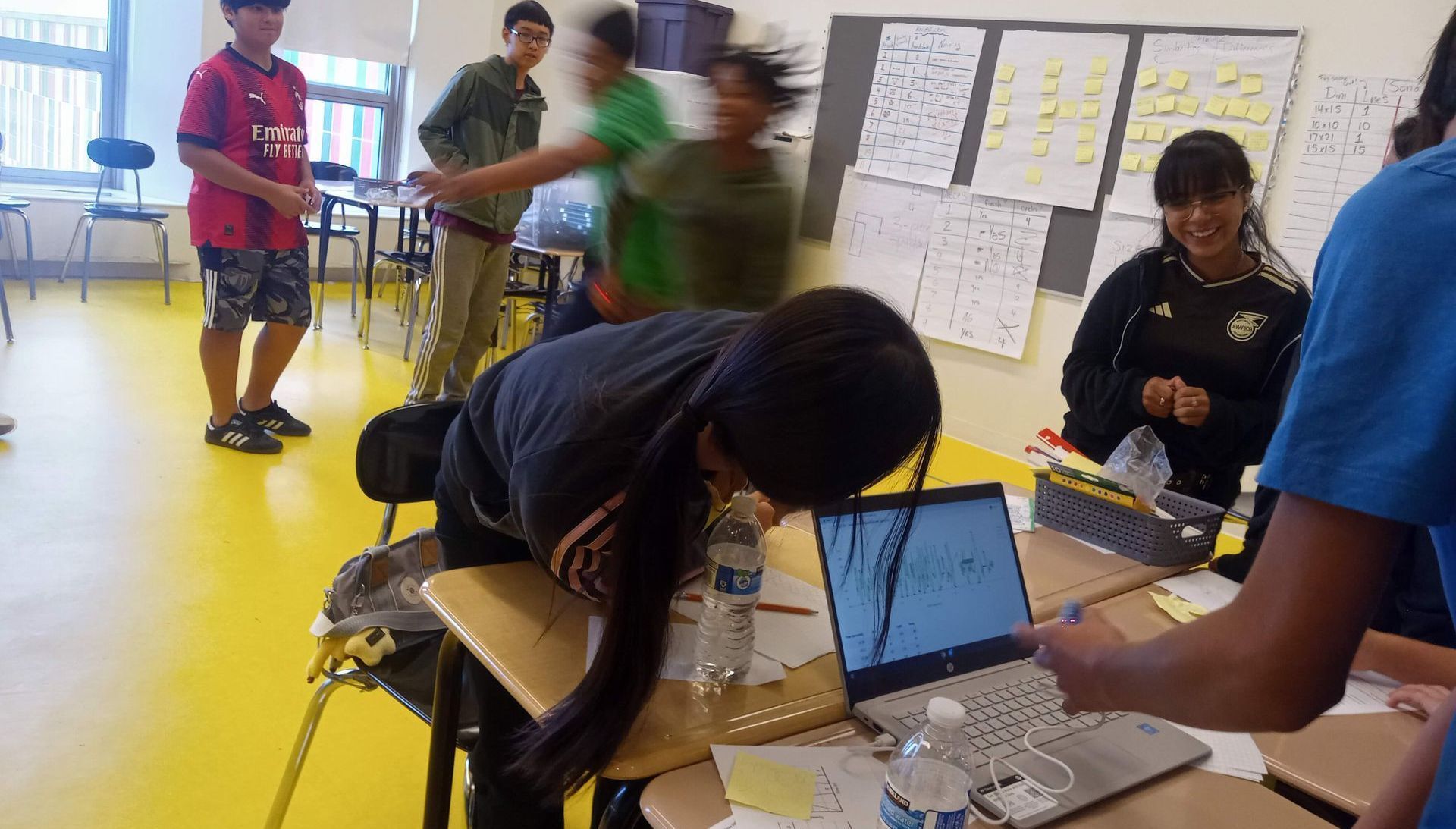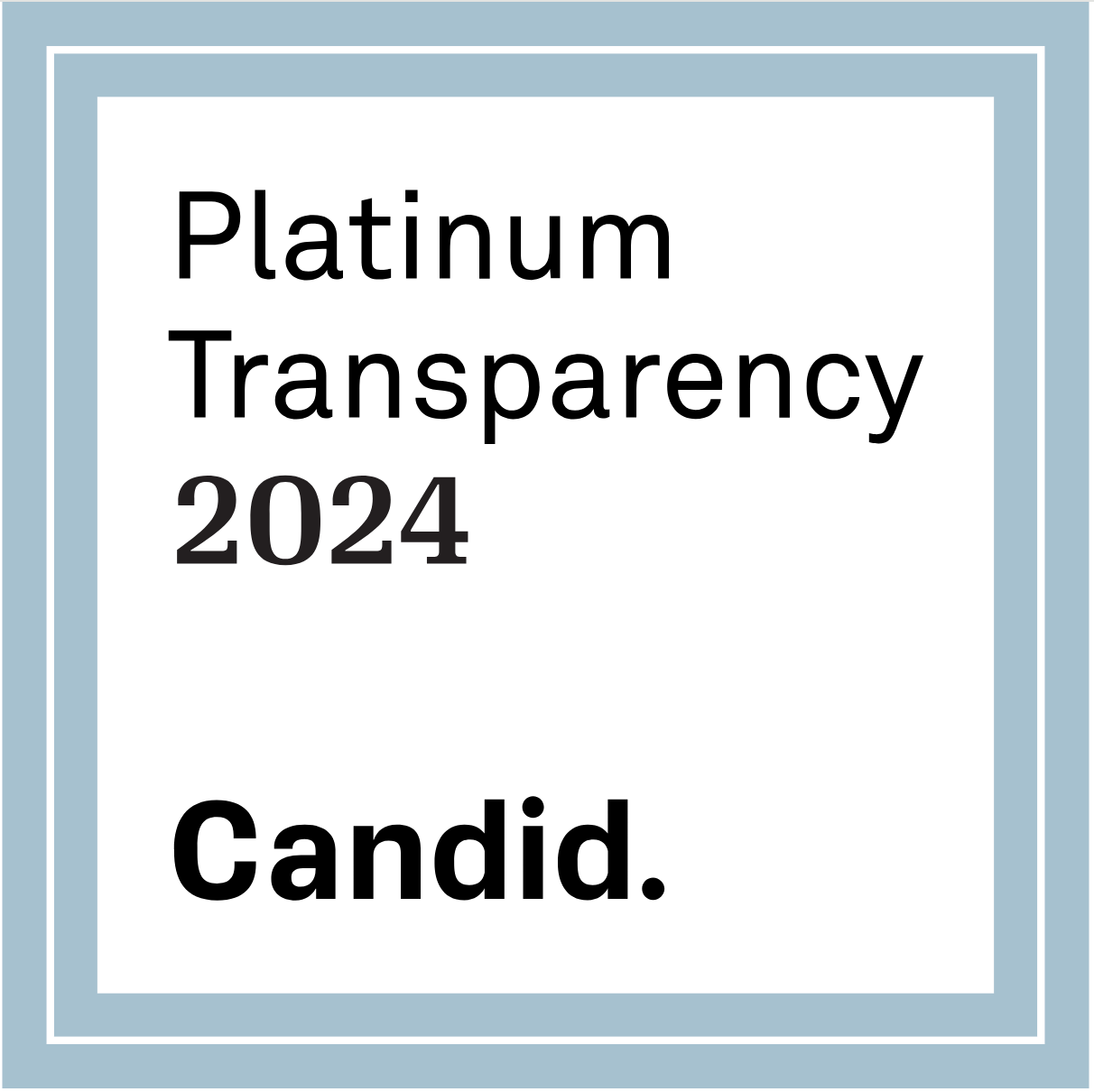As we gear up for our spring sessions here at the Math Circles of Chicago, more and more parents are writing to ask about summer math programs. More than a few have asked when we will start our own! (Soon, perhaps 2017.)
There really are two parts to the question—which program, and what kind of program. For the which, see the list below. For the ‘what kind’ of summer program question there are two schools of thought—acceleration and enrichment. Acceleration emphasizes getting ahead, often so that you can take more advanced courses during the regular school year. Enrichment gives kids a chance to explore mathematics that isn’t offered in school.
I advocate for enrichment. There can be a place for acceleration—most common in my experience is that a middle school student has mastered some, but not all, of high school Algebra. By taking an accelerated Algebra program in the summer, they can avoid repeating a lot of material as high school freshmen, and at the same time ensure that they have a solid foundation for more advance high school mathematics
However, I’ve also seen students speed through courses that shouldn’t be rushed. Geometry has been one of my favorite subjects to lead because it is a wonderful opportunity to teach children what mathematics truly is, how a mathematician establishes truth—the development of mathematics over history is, to a great extent, the history of geometry. This development needs a full school year. Also, Geometry requires a real maturity—to appreciate and follow logic kids have to pass through stages of development (see the Van Hiele’s research if you’d like to learn more). Acceleration can interfere with this development even for the strongest students, which can lead to discouragement and then disengagement.
On the other hand, I have no reservations about enrichment. There is a lot of mathematics out there. And there is a lot of mathematics that is perfectly accessible to kids of any age that is NOT taught in school. Again, geometry is a great example—there are many, many fascinating results that we just don’t have time to study during the school year—often we stop right when things are getting interesting. To name a few— Pick’s theorem , Ceva’s theorem , the Fermat Point ….Kids can investigate this richness, deepen their understanding of school mathematics, and emerge more mathematically powerful and motivated than they were before.
One of the advantages of participating in math circles is that you can prick the brain of our staff. Many of us have taught in summer programs both in Chicago and around the country. Let us know your questions–we are happy to help. We hope you find a way to continue to do more math over the summer—some day, perhaps, with us!
Doug
The Young Scholars Program
The University of Chicago
7/5-7/29
Grades 7-12
Note: The Young Scholars Program and the Math Circles of Chicago partner to provide the YSP Academic Year math circle on UChicago’s campus. Their summer camp is run independently from our organization–we highly recommend their summer program, but of course we are biased!
Hampshire College Summer Studies in Math
7/3-8/13
Grades 9-12
PROMYS
Boston University
7/3-8/13
MathPath
Macalaster College, St. Paul Minnesota
6/26-7/24
Ages 11-14
Awesome Math
UT Austin 6/5-6/22
Cornell 6/26-7/15
University of Puget Sound 7/19-8/7
